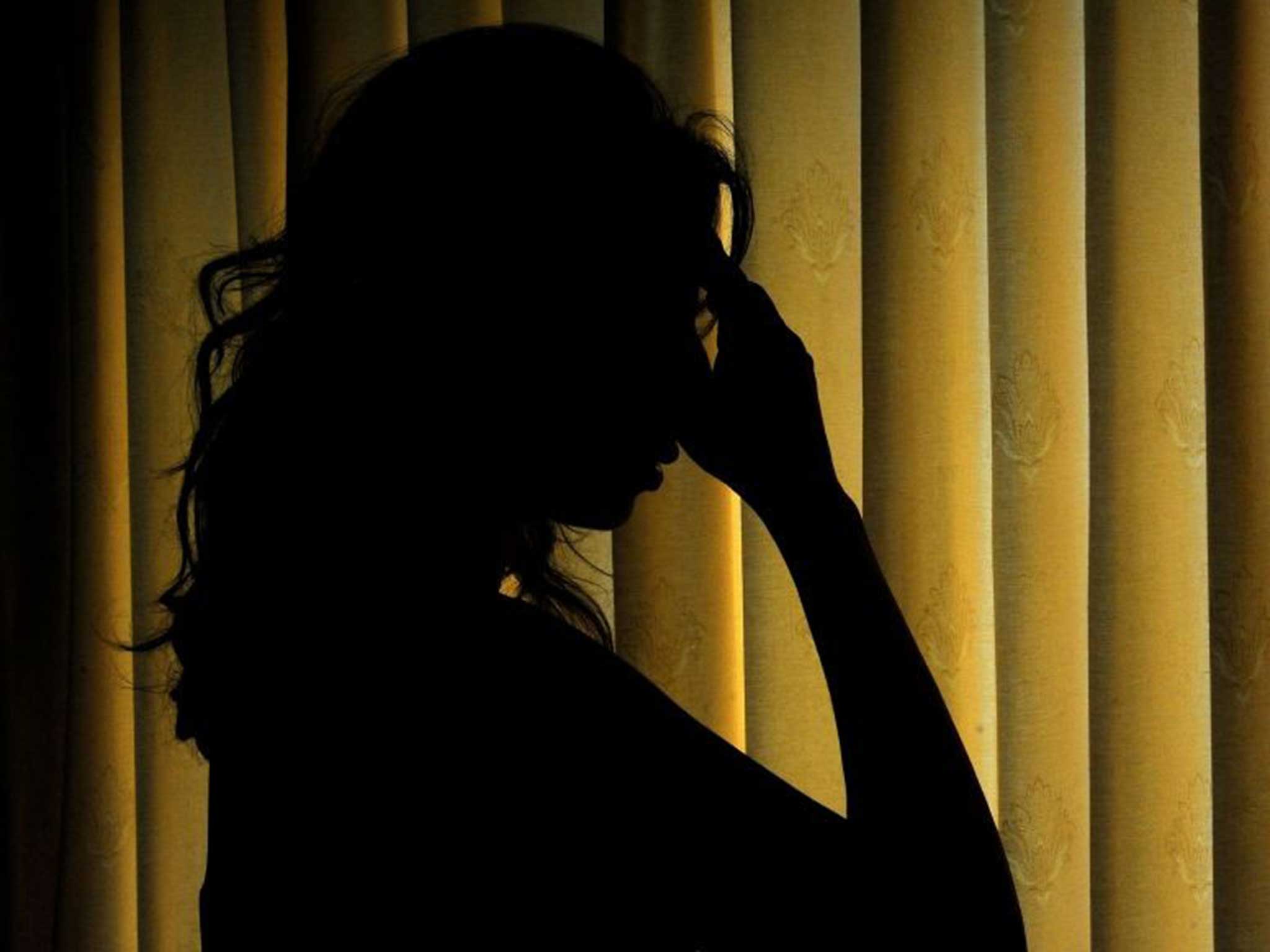Self-harm biggest cause of death for young people in the UK, study finds
In 2013, 329 people in their early twenties died from a self-harm related injury in the UK

Self-harm is the single biggest cause of death of people aged 20-24 in the UK, research has found.
The major report by The Lancet Commission, documents health issues around the world to highlight growing trends and concerns relating to young people aged 10 to 24. The Commission has called for urgent action to address mental health in young people, calling the area “a neglected yet pressing issue.”
In 2013, 329 people aged 20-24 in the UK died from a self-harm related issue. This is a 47 per cent drop from 1990 when 626 people in this age group died as a result of self-harm.
The report has found mental health issues to be a major cause of ill health for young people around the world, with 10 per cent of young people around the world suffering from depression meaning the condition is the biggest cause of ill health in the age group internationally.
The report’s authors cite a number of social factors as possibly placing growing pressure on young people: “Adolescents and young adults, if given the opportunity, are curious, engaged, and innovative. They challenge the status quo, accelerate progress, and advance human potential. However, in many parts of the world, including high income countries, the lives and prospects of adolescents and young people have deteriorated in recent years.
“Unemployment is high; social protection is eroding (for example, people younger than 25 years old in the UK were excluded from a recent increase in the minimum wage); and conflict, social exclusion, and alienation, across the Middle East especially, cause the death and displacement of many young people, and the radicalisation of some. For a safer and more secure future, we must pay much more urgent attention to the hopes and needs of young people and adolescents.”
Mental Health Awareness: Facts and figures
Show all 10Previous research has suggested that one in 13 young people in the UK will deliberately self-injure themselves at some point in their youth, with varying degrees of severity of injury. However, it is feared the figure could be much higher in reality as stigma stops some young people from seeking help.
It is widely understood that girls are much more likely than boys to engage in self-harming behaviours, either because girls can be taught socially to view their bodies more negatively than boys, or because boys’ self-harming behaviour is less likely to be noticed by mental health professionals as it fits gendered stereotypes about ‘boisterous’ behaviour.
Nick Harrop, from mental health charity YoungMinds, told The Independent: “Some young people say that they self-harm as a result of feeling overwhelmed, stressed, numb or disconnected. Others say something in their environment makes them feel vulnerable. Everybody’s experience is different. Most young people find that it helps to be able to talk to someone they trust about what they are going through.
“If you are concerned that a child is self-harming, try to talk to them openly without being confrontational. Don’t get angry or judgmental, but reassure them that you’re on their side and want to help. Think about what the triggers are that might be causing them to feel distressed. And, if you can, seek professional support from a doctor or from a support service like the YoungMinds Parents helpline.”
The Samaritans helpline can be contacted on 116 123 and YoungMinds can be contacted on 08088025544
Subscribe to Independent Premium to bookmark this article
Want to bookmark your favourite articles and stories to read or reference later? Start your Independent Premium subscription today.

Join our commenting forum
Join thought-provoking conversations, follow other Independent readers and see their replies